You might wonder what a data management analyst does and why their role is so vital. Well, in today's data-driven world, these professionals are the unsung heroes behind the scenes. They ensure your data is accurate, accessible, and secure. This role is crucial because poor data quality can cost companies a whopping 15 to 25% of their operating budget. By managing data effectively, businesses can boost operational efficiency by up to 20%. Tools like FineDataLink, FineReport, and FineBI play a significant role in this process, helping analysts streamline data integration and reporting.

A Data Management Analyst plays a pivotal role in any organization. You ensure that data is accurate, accessible, and secure. This role involves a variety of tasks, from integrating data from different sources to maintaining data quality. You become the backbone of data-driven decision-making processes.

As a Data Management Analyst, you have several key responsibilities:

You typically work in an office setting, often collaborating with IT teams and other departments. Your role might require you to use various software tools and platforms. You may also need to communicate with stakeholders to understand their data needs.

To excel as a Data Management Analyst, you need a mix of technical and analytical skills.
Your technical skills are crucial. You should be proficient in:
Your analytical skills help you interpret data and provide insights. You should be able to:
Industry Experts emphasize that a strong background in programming and analytics is vital for success in this role. Experience in data modeling and problem-solving is also necessary.
By mastering these skills and responsibilities, you can significantly contribute to your organization's success.
Data integrity stands as a cornerstone of effective data management. As a Data Management Analyst, you play a crucial role in maintaining this integrity. Let's explore how you ensure data quality and security.

You focus on data quality assurance by implementing rigorous checks and validation processes. This ensures that the data remains accurate and reliable. By doing so, you help organizations make informed decisions based on trustworthy data. Your efforts in maintaining data quality prevent costly errors and enhance operational efficiency.
Data security is another vital aspect of your role. You implement robust security measures to protect sensitive information from unauthorized access. By collaborating with IT teams, you develop strategies to safeguard data against breaches and ensure compliance with regulatory standards. Your work in data security builds trust and confidence in the organization's data assets.
Enhancing data accessibility is essential for empowering stakeholders to make data-driven decisions. You employ various techniques to organize and present data effectively.
You use advanced data organization techniques to streamline data access. By creating structured frameworks and processes, you ensure that data is easily retrievable and understandable. This organization helps in reducing redundancies and overlaps, making data more accessible to users across the organization.
To enhance data accessibility, you leverage cutting-edge tools and technologies. Software like FineDataLink, FineReport, and FineBI play a significant role in this process. These tools help you integrate, analyze, and visualize data efficiently. By utilizing these technologies, you enable stakeholders to access real-time insights and make informed decisions quickly.
"In today’s fast-paced business world, data is more than a resource—it’s the lifeline that guides every decision." This quote highlights the critical importance of your role in ensuring data integrity and accessibility. By mastering these aspects, you contribute significantly to your organization's success.
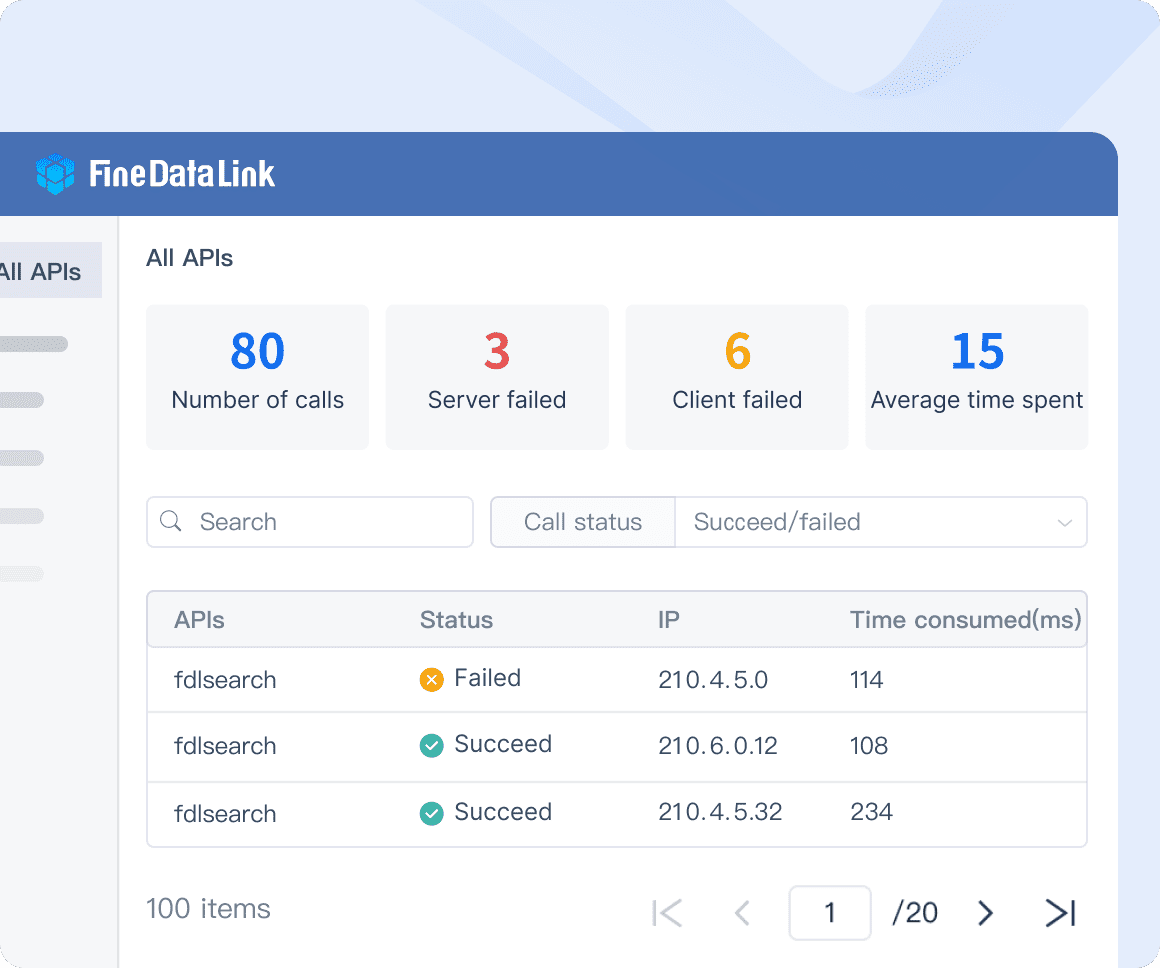
To excel as a Data Management Analyst, you need a solid foundation in technical skills. These skills enable you to handle data efficiently and ensure its accuracy and accessibility.
You must master database management. This involves working with databases like MySQL and Oracle. You organize, store, and retrieve data effectively. Your role requires you to maintain data integrity and optimize database performance. By doing so, you ensure that data remains reliable and accessible for decision-making.
Proficiency in data analysis tools is crucial. You should be familiar with tools like SQL, Python, or R. These tools help you analyze data and extract meaningful insights. You use them to transform raw data into actionable information. This ability allows you to support your organization in making informed decisions.
"Data management specialists must have a strong programming and analytics background." This insight from Coursera highlights the importance of technical skills in your role. By honing these skills, you enhance your ability to manage and analyze data effectively.
While technical skills are essential, soft skills play a significant role in your success as a Data Management Analyst. These skills help you communicate findings and solve problems efficiently.
Strong communication skills are vital. You need to convey complex data insights in simple terms. This ability ensures that stakeholders understand your findings. You bridge the gap between technical data and non-technical audiences. By doing so, you facilitate informed decision-making across the organization.
Problem-solving abilities are crucial in your role. You encounter various challenges related to data management. Your task is to identify issues and develop effective solutions. This skill helps you maintain data quality and address any discrepancies promptly. By solving problems efficiently, you contribute to the smooth functioning of data-driven processes.
"Data analysts should have basic statistics knowledge, strong writing skills, and the ability to communicate findings effectively." This insight from 365 Data Science emphasizes the importance of communication and problem-solving skills in your role. By developing these skills, you enhance your ability to support your organization with valuable data insights.
By mastering both technical and soft skills, you position yourself as a valuable asset to your organization. Your expertise in managing and analyzing data empowers your team to make informed decisions and drive success.
Data management analysts play a crucial role in various sectors, ensuring data is accurate, secure, and accessible. Let's explore two key industries that benefit significantly from effective data management.
In the healthcare sector, data management is vital. You handle sensitive patient information, which requires strict security measures. By managing data effectively, you ensure that healthcare providers have access to accurate and up-to-date patient records. This leads to better patient care and improved outcomes. Additionally, data management helps in streamlining operations and reducing costs. For instance, by organizing and analyzing data, healthcare facilities can identify trends and make informed decisions about resource allocation.
The finance industry also relies heavily on data management. You deal with vast amounts of financial data that must be kept secure and confidential. Effective data management ensures that financial institutions can access reliable data for decision-making. This helps in minimizing risks and improving operational efficiency. By analyzing data, financial analysts can identify market trends and make strategic investment decisions. Moreover, data management aids in compliance with regulatory standards, ensuring that financial institutions operate within legal frameworks.
"Both the healthcare and finance industries utilize sensitive personal data that must be kept secure and confidential." This highlights the importance of data management in maintaining data security and integrity across these sectors.
Data management analysts contribute to real-world applications that drive innovation and improve business outcomes. Let's delve into some examples.

Consider the case of Cascadia Senior Living & Development. They faced challenges in pulling data from disparate sources manually. By adopting Yardi Senior IQ, a business intelligence solution, they transformed their data management processes. Now, they access comprehensive data at the click of a button. This integration allows them to view critical metrics like move-ins and average daily census, leading to smarter and faster decision-making.
"Effective data management allows organizations to drive innovation, deliver real-time insights, and improve their bottom line." This underscores the transformative impact of data management on business operations.
Companies that implement Master Data Management (MDM) software experience significant improvements. You can increase operational efficiency by up to 20%. This boost comes from reduced time spent on data management and improved decision-making based on reliable data. By leveraging data management tools, businesses can streamline operations and enhance productivity.
"Companies that implement MDM software increase their operational efficiency by up to 20%." This statistic highlights the tangible benefits of effective data management in driving business success.
By understanding the industry relevance and real-world applications of data management, you can appreciate the vital role you play as a data management analyst. Your expertise empowers organizations to harness the power of data for strategic growth and innovation.
Starting your career as a Data Management Analyst opens up a world of opportunities. You can explore various entry-level positions that lay the foundation for your professional journey.

In the beginning, you might find yourself in roles such as:
These positions provide valuable experience and help you understand the intricacies of data management.
To land an entry-level position, you need certain qualifications. Typically, employers look for:
These qualifications set you on the path to success in the data management field.
As you gain experience, you can advance your career and take on more challenging roles. Career growth in data management offers exciting prospects.
Continuous learning is key to career advancement. You can enhance your skills through:
By investing in professional development, you position yourself for higher-level roles.
Certifications validate your expertise and boost your career prospects. Consider pursuing:
These certifications enhance your credibility and open doors to advanced positions.
"Certifications can significantly enhance your career prospects by validating your skills and knowledge." This insight emphasizes the importance of certifications in your professional journey.
By exploring entry-level positions and focusing on career advancement, you can carve a successful path as a Data Management Analyst. Your dedication to learning and growth empowers you to make a meaningful impact in the world of data management.
As a Data Management Analyst, you encounter various challenges that test your skills and adaptability. Let's dive into some common obstacles and explore strategies to overcome them.
Data privacy stands as a significant challenge in your role. You handle sensitive information that requires strict protection. Ensuring data privacy involves implementing robust security measures and staying compliant with regulations. You must remain vigilant to prevent unauthorized access and data breaches. This responsibility demands a keen understanding of data governance frameworks and the ability to adapt to evolving privacy laws.
Falling behind can hinder your ability to manage data efficiently and provide valuable insights. Embracing new technologies enhances your capabilities and keeps you competitive in the field.
"Data analysts often face challenges in communicating findings to non-technical co-workers and senior management." This insight highlights the importance of interpreting technical terms in simple language. Your ability to convey complex data insights clearly is crucial for effective communication.
Continuous learning is your ally in overcoming challenges. By staying curious and proactive, you can keep up with technological advancements. Attend workshops, webinars, and industry conferences to expand your knowledge. Online courses and certifications also offer valuable opportunities for skill enhancement. Embrace a growth mindset and seek out resources that help you stay ahead in the ever-evolving data landscape.
Collaboration with IT teams is essential for addressing data privacy concerns and technological challenges. Working closely with IT professionals allows you to implement effective security measures and leverage their expertise. By fostering strong relationships, you can ensure seamless data integration and management. This collaboration enhances your ability to tackle complex issues and deliver reliable data insights.
"Need for interpreting specific terms using non-technical language and patience in providing easy-to-digest answers." This advice underscores the importance of clear communication and collaboration in your role. By working together with IT teams, you can bridge the gap between technical and non-technical stakeholders.
By understanding these challenges and adopting effective strategies, you can navigate the complexities of your role as a Data Management Analyst. Your dedication to continuous learning and collaboration empowers you to overcome obstacles and excel in managing data effectively.

The world of data management is evolving rapidly, and you need to stay ahead of the curve. Emerging technologies like Artificial Intelligence (AI) and Machine Learning (ML) are transforming how data is managed and analyzed. These technologies offer new ways to handle vast amounts of data efficiently.
AI is revolutionizing data management. You can use AI to automate repetitive tasks, such as data cleaning and integration. This frees up your time for more strategic activities. AI algorithms can also identify patterns and trends in data that might be missed by human analysts. By leveraging AI, you can enhance data accuracy and provide deeper insights for decision-making.
Machine Learning takes data analysis to the next level. With ML, you can build models that predict future trends based on historical data. This predictive capability allows you to make proactive decisions and stay ahead of the competition. ML algorithms continuously learn and improve, ensuring that your data insights remain relevant and accurate. By incorporating ML into your data management processes, you can drive innovation and improve business outcomes.
As technology advances, your role as a Data Management Analyst is also evolving. The demand for skilled analysts is increasing, and new skill sets are becoming essential.
The demand for Data Management Analysts is on the rise. Businesses recognize the value of data-driven insights and need professionals who can manage and analyze data effectively. Your expertise in data management makes you a valuable asset to any organization. As more companies embrace digital transformation, the need for skilled analysts will continue to grow.
To thrive in this evolving landscape, you need to develop new skill sets. Familiarity with AI and ML technologies is becoming increasingly important. You should also focus on enhancing your data visualization skills to present insights clearly and effectively. Additionally, strong communication skills are crucial for conveying complex data findings to non-technical stakeholders. By expanding your skill set, you can adapt to the changing demands of the industry and advance your career.
"Data management solutions become essential for making sense of the vast quantities of data." This quote highlights the importance of staying updated with emerging technologies and evolving roles. By embracing these trends, you can position yourself as a leader in the field of data management.
In the world of data management, having the right tools can make all the difference. FanRuan offers a suite of products that empower you to manage data efficiently and effectively. Let's dive into how FineDataLink, FineReport, and FineBI contribute to your role as a Data Management Analyst.
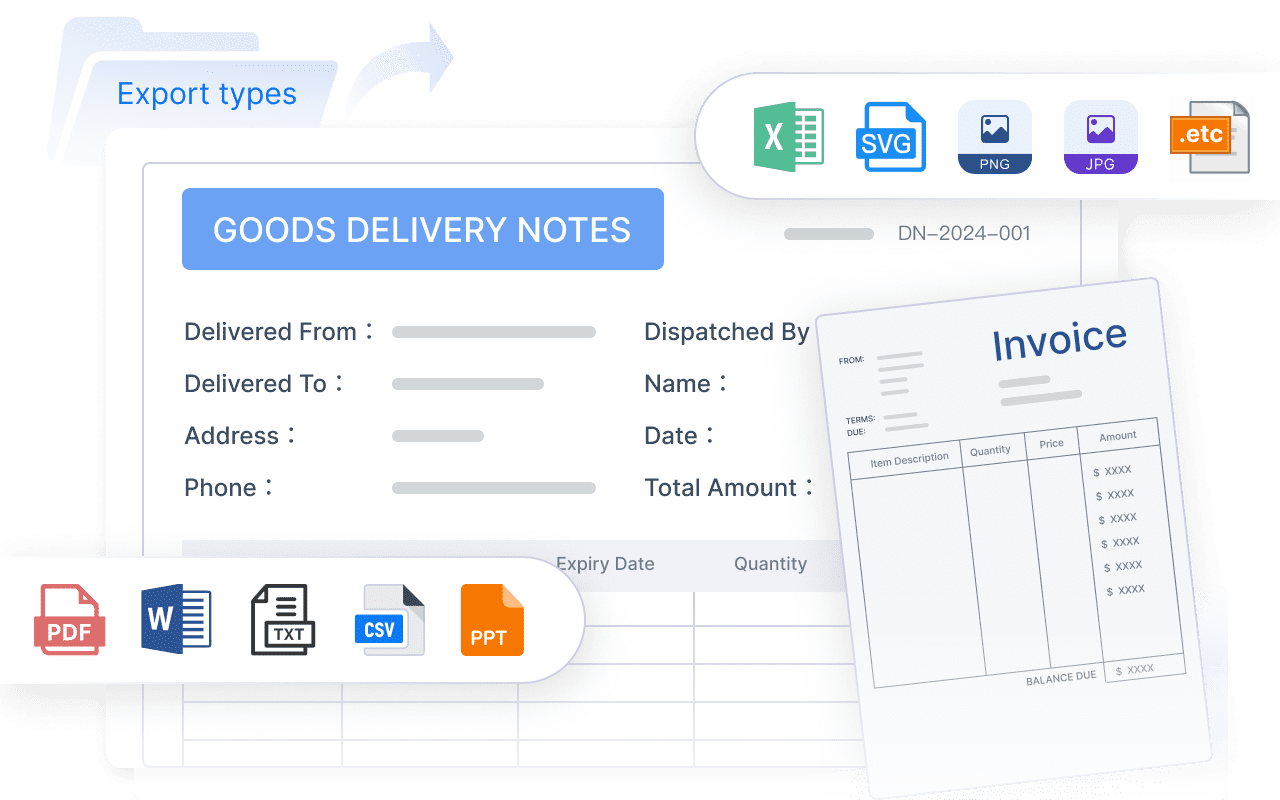
FineDataLink stands out as a powerful tool for data integration. It simplifies the process of combining data from various sources, ensuring you have a unified view of your data landscape.
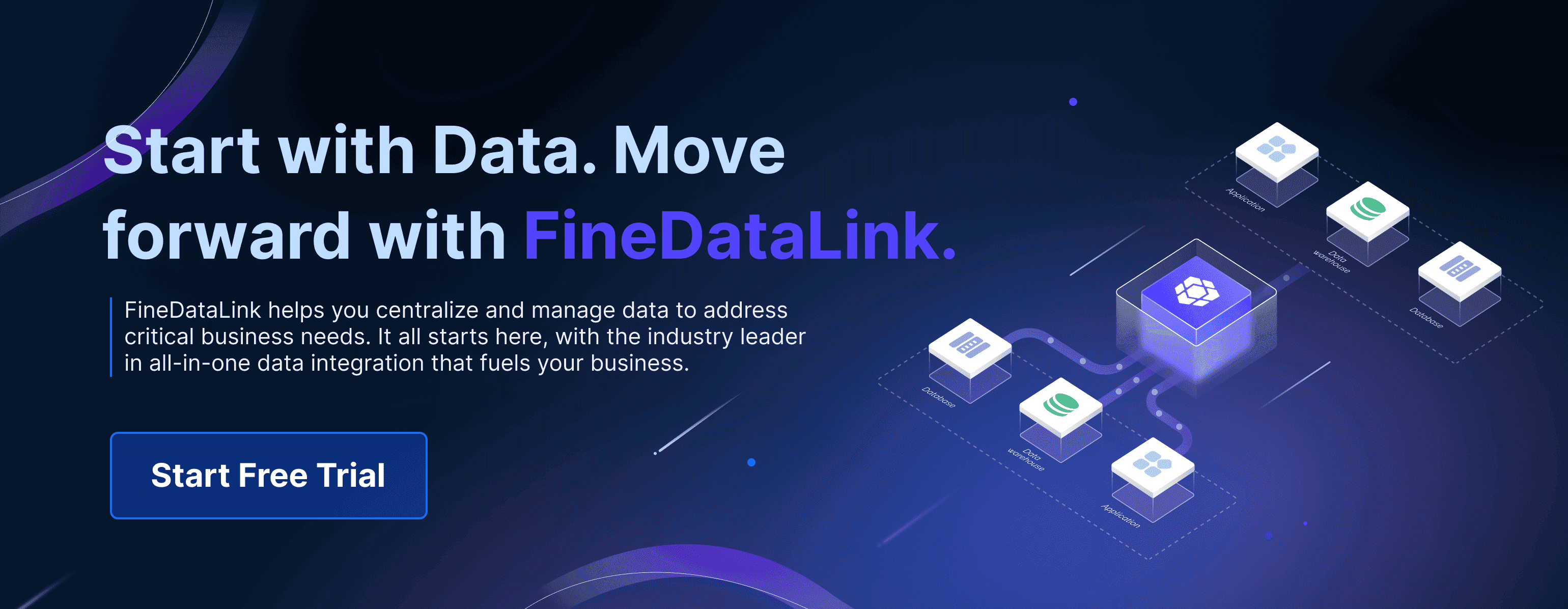
With FineDataLink, you can achieve real-time data synchronization. This feature allows you to keep your data updated across multiple systems without delay. Imagine having the ability to access the most current data whenever you need it. This capability enhances your decision-making process by providing timely insights.
The ETL (Extract, Transform, Load) and ELT (Extract, Load, Transform) capabilities of FineDataLink streamline data processing. You can transform raw data into valuable information with ease. This tool handles complex data transformations, making your job simpler and more efficient. By automating these processes, you save time and reduce the risk of errors.
When it comes to reporting, FineReport offers a robust solution. It enables you to create dynamic reports that cater to your organization's needs.
FineReport excels in dynamic report generation. You can design reports that update automatically as new data becomes available. This feature ensures that your reports always reflect the latest information, allowing stakeholders to make informed decisions quickly.
Data visualization is a crucial aspect of reporting, and FineReport provides advanced techniques to present data clearly. You can create visually appealing charts and graphs that make complex data easy to understand. These visualizations help convey insights effectively, bridging the gap between data and decision-makers.
FineBI empowers you with self-service analytics and business intelligence capabilities. It transforms how you interact with data, making analysis more accessible.
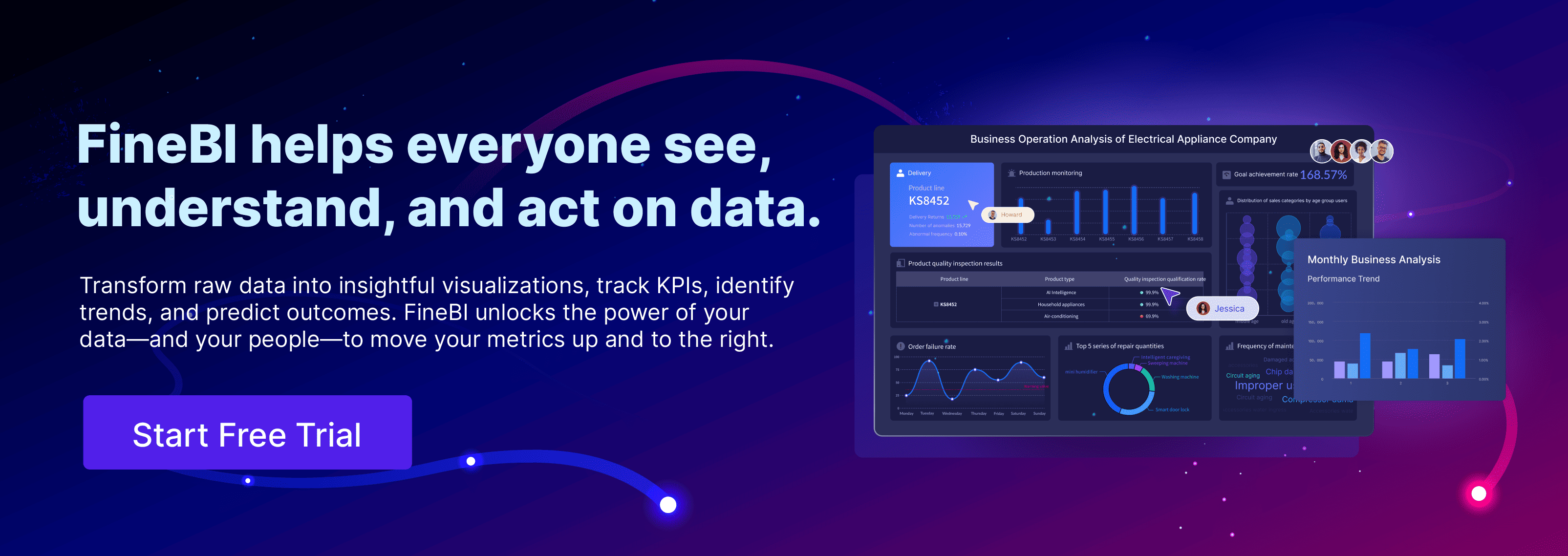
With FineBI, you can perform self-service analytics without relying on IT support. This tool allows you to explore data independently, uncovering insights that drive strategic decisions. You gain the flexibility to analyze data on your terms, enhancing your ability to respond to business needs swiftly.
Security is paramount in data management, and FineBI offers role-based access control. You can assign permissions based on user roles, ensuring that sensitive data remains protected. This feature provides peace of mind, knowing that only authorized personnel can access specific data sets.
"FanRuan transforms data management with innovative solutions like FineDataLink, FineReport, and FineBI." This statement underscores the impact of these tools in revolutionizing how you manage and analyze data.
By leveraging the capabilities of FineDataLink, FineReport, and FineBI, you enhance your effectiveness as a Data Management Analyst. These tools empower you to integrate, report, and analyze data with precision, driving success in your organization.
Curious about the role of a Data Management Analyst? You're not alone. Here are some frequently asked questions that might help you understand this vital position better.
You ensure data accuracy, accessibility, and security within an organization. Your tasks include integrating data from various sources, maintaining data quality, and transforming data for analysis. You play a crucial role in data-driven decision-making processes.
In today's data-driven world, your role is essential. You help organizations optimize data use by collecting, organizing, and securing critical data. This ensures that businesses can make informed decisions based on reliable data. According to the World Economic Forum, data analyst jobs rank as the second fastest-growing in the US, highlighting their importance across industries.
You need a mix of technical and analytical skills. Proficiency in programming languages like SQL, Python, or R is crucial. You should also have strong analytical skills to interpret data and provide insights. Communication skills are vital for conveying complex data findings to non-technical stakeholders.
Data Management Analysts work in various sectors, including healthcare and finance. In healthcare, you handle sensitive patient information, ensuring data security and accessibility. In finance, you manage vast amounts of financial data, helping institutions minimize risks and improve efficiency.
You create reports, recommend strategies, and develop frameworks for data storage and analysis. By doing so, you drive innovation and deliver real-time insights that improve business outcomes. Companies that implement effective data management strategies can increase operational efficiency by up to 20%.
You encounter challenges like data privacy concerns and keeping up with rapidly evolving technology. Continuous learning and collaboration with IT teams help you overcome these obstacles. Staying updated with emerging technologies like AI and Machine Learning is also crucial for success in this field.
FanRuan offers tools like FineDataLink, FineReport, and FineBI that empower you to manage data efficiently. FineDataLink simplifies data integration, FineReport enhances reporting capabilities, and FineBI provides self-service analytics. These tools streamline your processes and enhance your ability to deliver valuable insights.
"Data Governance Analysts are key players in data management, ensuring data quality and reliability." This quote emphasizes the importance of your role in maintaining data integrity and supporting strategic growth.
By understanding these aspects of your role, you can appreciate the value you bring to your organization as a Data Management Analyst. Your expertise in managing and analyzing data empowers businesses to harness the power of data for strategic growth and innovation.
You play a pivotal role as a Data Management Analyst. By ensuring data accuracy, accessibility, and security, you empower organizations to make informed decisions. Your expertise in managing data transforms raw information into valuable insights, driving strategic growth. As technology evolves, your role will become even more crucial. Emerging technologies like AI and Machine Learning will reshape data management, offering new opportunities for innovation. Embrace these changes and continue to enhance your skills. Your contributions will remain vital in navigating the future of data management and ensuring business success.
Click the banner below to experience FineBI for free and empower your enterprise to convert data into productivity!
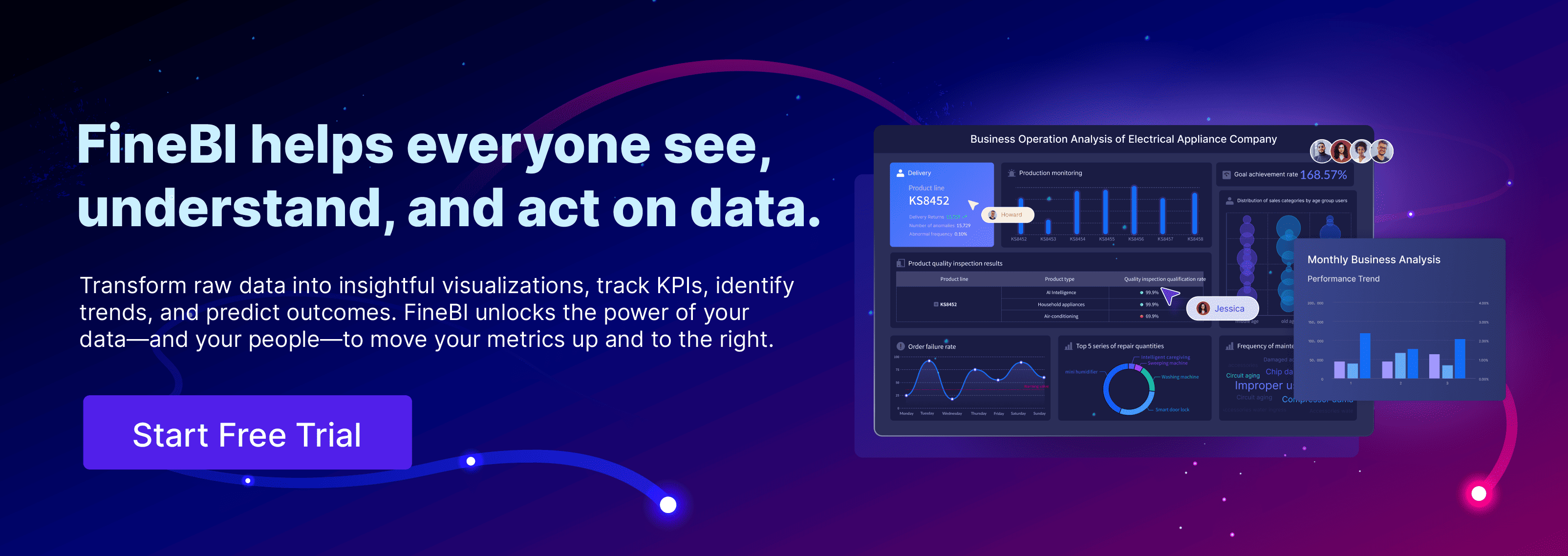
Mastering Data Management: Your Complete Guide
Essential Guide to Master Data Management

The Author
Howard
Data Management Engineer & Data Research Expert at FanRuan
Related Articles

What is a data management platform in 2025
A data management platform in 2025 centralizes, organizes, and activates business data, enabling smarter decisions and real-time insights across industries.
Howard
Dec 22, 2025

Top 10 Database Management Tools for 2025
See the top 10 database management tools for 2025, comparing features, security, and scalability to help you choose the right solution for your business.
Howard
Dec 17, 2025

Best Data Lake Vendors For Enterprise Needs
Compare top data lake vendors for enterprise needs. See which platforms offer the best scalability, integration, and security for your business.
Howard
Dec 07, 2025